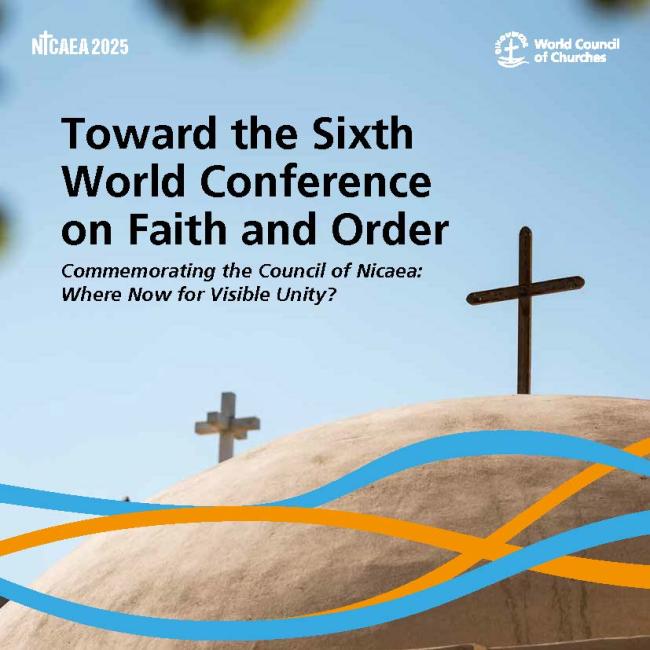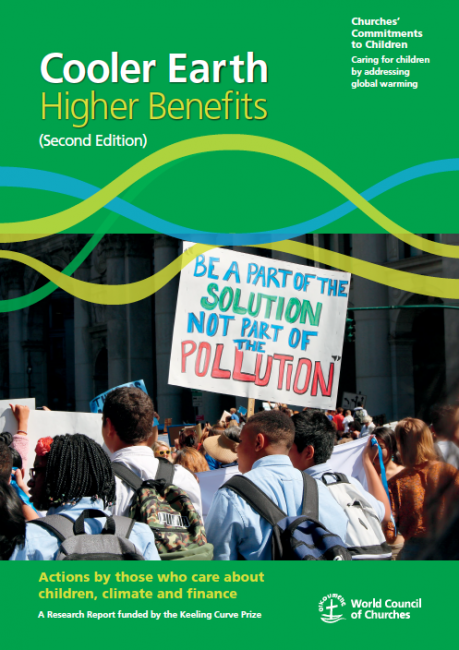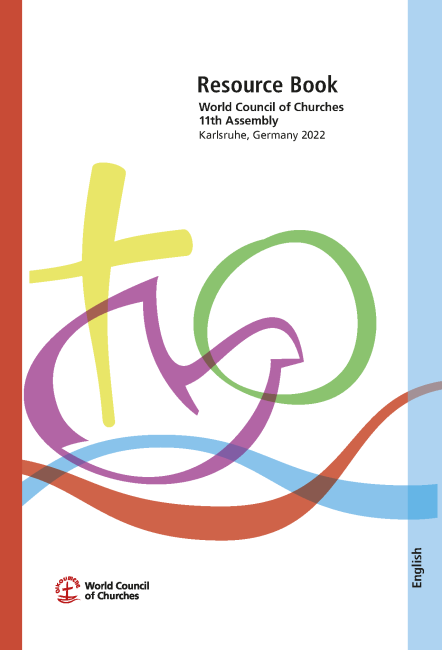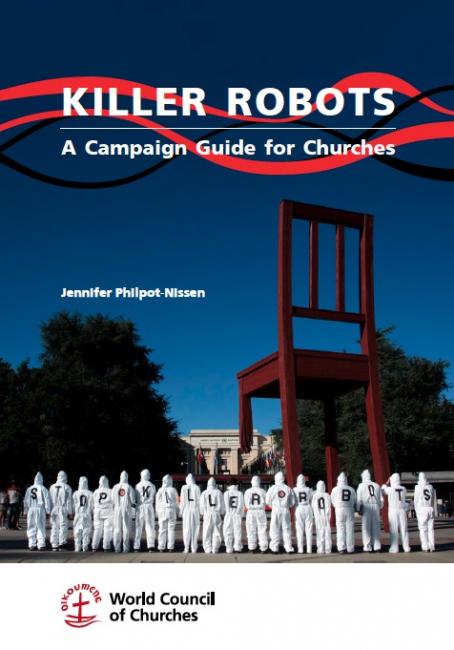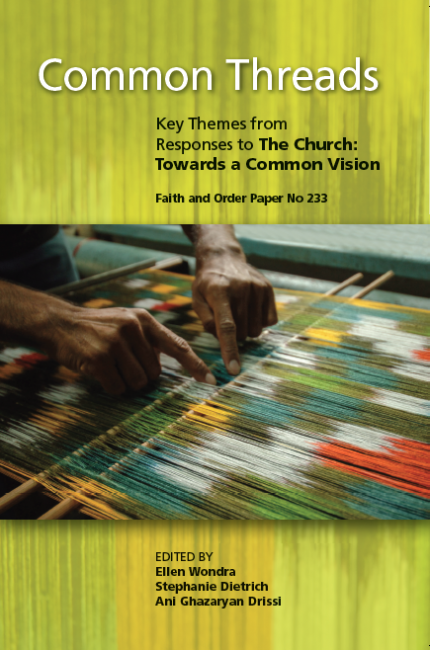Displaying 1 - 20 of 58
Toward the Sixth World Conference on Faith and Order
Commemorating the Council of Nicaea: Where Now for Visible Unity?
24 February 2024
Towards a Global Vision of the Church, Volume II
Explorations on Global Christianity and Ecclesiology, Faith and Order Paper 239
27 November 2023
The Future of Mission Cooperation
The Living Legacy of the International Missionary Council
24 March 2023
Towards a Global Vision of the Church Volume I
Explorations on Global Christianity and Ecclesiology, Faith and Order Paper 234
14 November 2022
Cooler Earth – Higher Benefits Second Edition
Actions by those who care about children, climate and finance
09 November 2022
A Hundred Years of Mission Cooperation
The Impact of the International Missionary Council 1921-2021
21 August 2022
Together in the Mission of God
Jubilee Reflections on the International Missionary Council
21 August 2022
Strengthening Christian Perspectives on Human Dignity and Human Rights
Perspectives from an International Consultative Process
19 August 2022
Textbuch
Ökumenischer Rat der Kirchen 11. Vollversammlung Karlsruhe, Deutschland 2022
19 August 2022
Common Threads
Key Themes from Responses to The Church: Towards a Common Vision. Faith and Order Paper No 233
25 February 2022
Kirchen und moralisch-ethische Urteilsbildung Band 3
Band 3: Dialog fördern, um Koinonia zu stärken
05 November 2021

